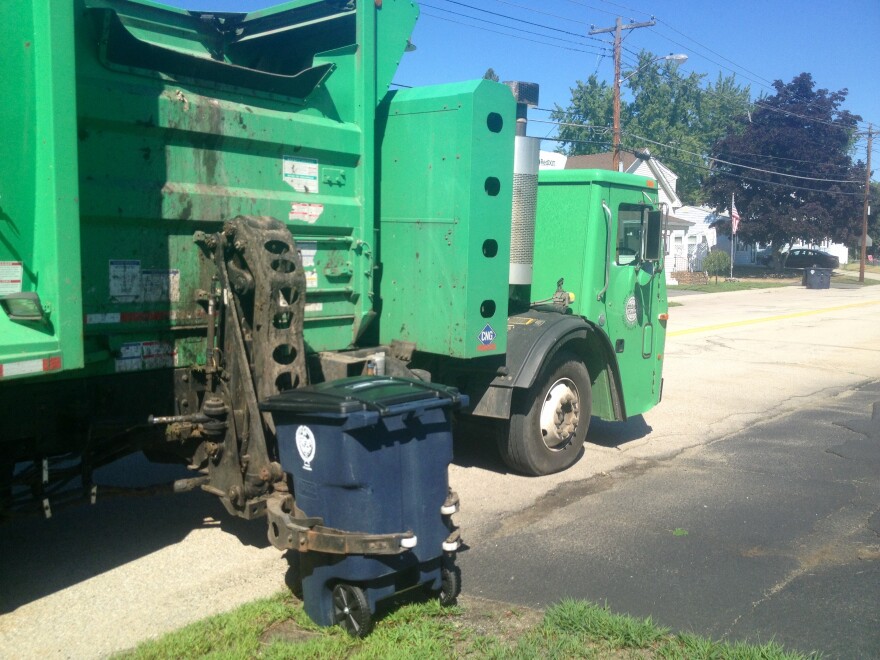New Hampshire’s plan for dealing with trash was last updated almost two decades ago, in 2003.
But a new draft from the state’s Department of Environmental Services is now available for the public to comment on, ahead of an October deadline for regulators to submit their plan.
The draft lays out the goals and actions that New Hampshire should undertake to reach a goal, established by state law, to reduce solid waste by 45% by 2050. The eight goals outlined in the plan include reducing the quantity and toxicity of solid waste, maximizing diversion, ensuring enough waste capacity for in-state generated trash, developing local markets for waste diversion, like recycling, encouraging infrastructure and practices that support state and federal climate change initiatives and finding sustainable funding sources to support initiatives.

The plan focuses on five different strategies to achieve those goals, from legislation and regulatory updates to public outreach and incentive programs.
Those efforts could include considering legislation that would address the use of chemicals like PFAS in carpeting, clothing and food packaging, which then end up in landfills or exploring incentives for municipalities that find ways to divert specific waste from landfills, such as recycling polypropylene or film plastics.
Unlike previous plans, the focus on addressing climate change and environmental justice is new. “This will help ensure that New Hampshire’s waste management system mitigates and adapts to worsening climate change, while also addressing environmental justice issues.”
That work could include translating outreach materials into additional languages and promoting equitable access to reuse and recycling opportunities.
Gov. Chris Sununu signed a law earlier this year that prohibits state officials from issuing permits for new landfills and landfill expansion until the state’s solid waste plan is updated.
Public comment closes on August 26th at 4 p.m. A copy of the draft plan can be found here.








